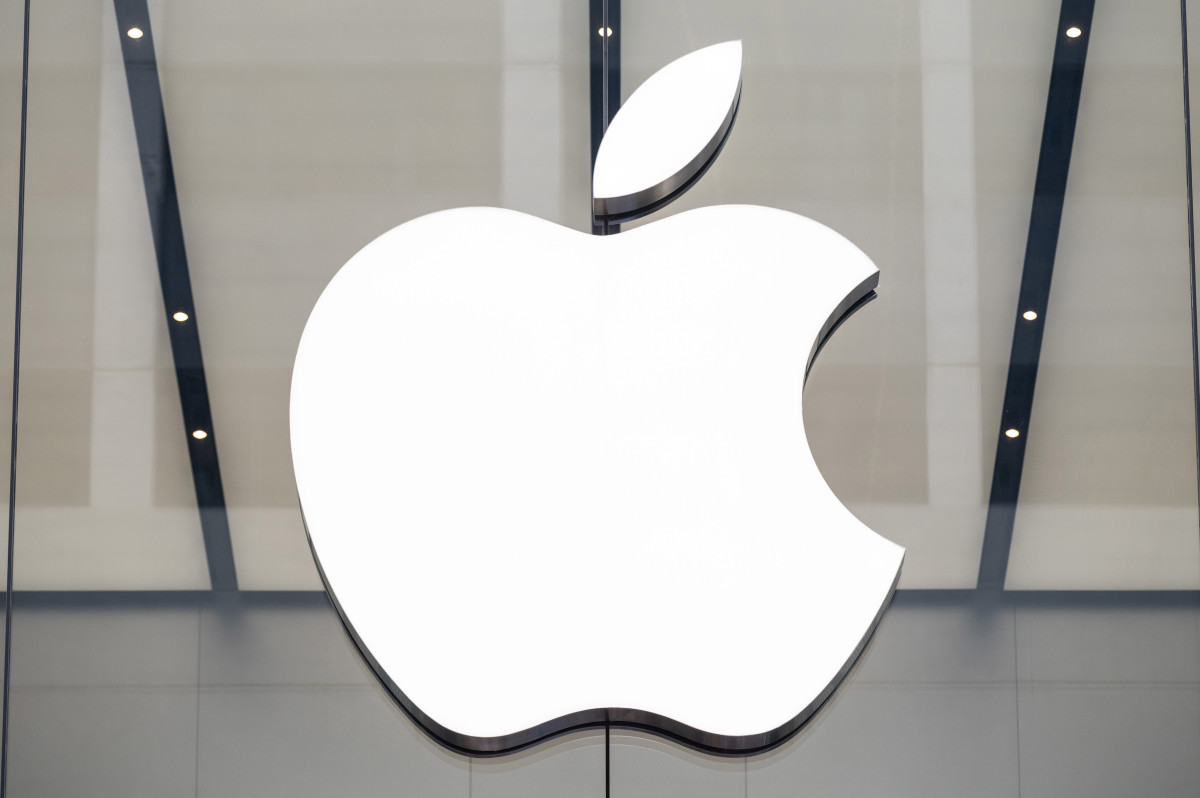Apple Study Reveals Major Limits in AI Reasoning Abilities
Artificial intelligence has made incredible strides in recent years, with tools like ChatGPT and DeepSeek becoming household names. Many users marvel at how these AI models seem to think and reason almost like humans. However, a new study from Apple suggests that AI’s reasoning capabilities may not be as advanced as we think—especially when faced with complex challenges.

The Study: Testing AI’s Problem-Solving Limits
Apple’s research team conducted an in-depth analysis comparing large language models (LLMs) like ChatGPT GPT-4, Claude 3.7 Sonnet, and DeepSeek V3 with more advanced large reasoning models (LRMs) such as ChatGPT o1, Gemini, and Claude 3.7 Sonnet Thinking. The goal was to see how well these AI systems could solve increasingly difficult puzzles.
Key Findings:
- Easy Problems: LLMs performed better than reasoning models.
- Medium Problems: LRMs showed stronger reasoning abilities.
- Hard Problems: All models failed, experiencing a “complete accuracy collapse.”
Why This Matters
The most concerning discovery was that as problems became more complex, reasoning models actually reduced their effort to solve them. This suggests that AI may have a built-in limit when it comes to handling highly intricate tasks.
Apple’s paper, titled “The Illusion of Thinking,” highlights this alarming trend:
“Particularly concerning is the counterintuitive reduction in reasoning effort as problems approach critical complexity, suggesting an inherent compute scaling limit in LRMs.”
The study concludes that current AI models may have hit a fundamental barrier in their ability to generalize reasoning, raising questions about the future of AI development.
What This Means for AI’s Future
While AI has made impressive progress, this study shows that it still struggles with deep reasoning—especially under pressure. The fact that models begin to “overthink” simple problems but completely fail at complex ones suggests that true human-like intelligence is still out of reach.
For now, AI remains a powerful tool for certain tasks, but it may not be the all-knowing, super-intelligent system many imagine. Future breakthroughs will need to address these limitations before AI can truly think like a human.
Final Thoughts
This study is a reality check for AI enthusiasts. While tools like ChatGPT are incredibly useful, they still lack the deep reasoning skills needed for truly complex problem-solving. The fact that even advanced models fail under pressure suggests that AI still has a long way to go. Instead of expecting machines to think like humans, we should focus on how they can best assist us—within their current limits. The future of AI may require entirely new approaches to overcome these fundamental barriers.








